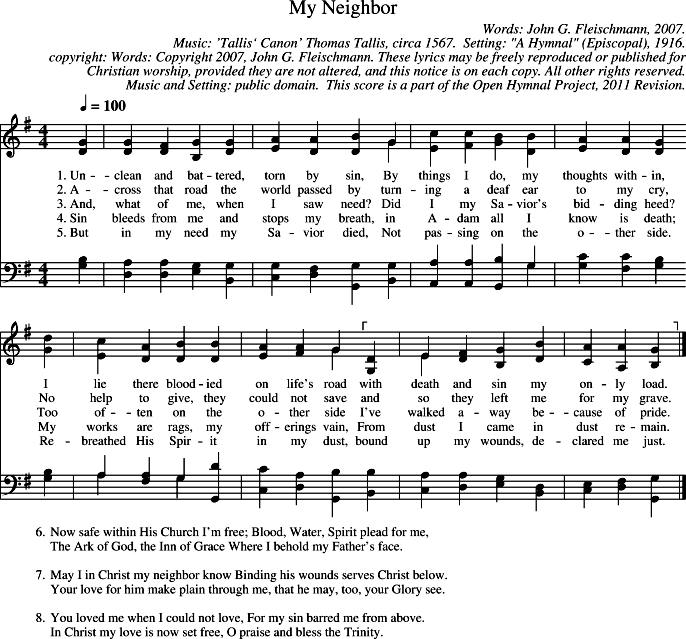Definition: Limnology, also known as water chemistry or the study of water, refers to the fields that study the physical, chemical, biological, and hydrometric properties of water in its various forms (littoral, sea, inland, river, groundwater). It includes a diverse range of scientific disciplines such as geophysics, hydrogeology, oceanography, meteorology, geology, environmental science, aquaculture, sedimentology, soil sciences, and biogeochemistry. A key focus within the field is the understanding and use of water resources, with particular emphasis on how to manage water demands and ensure sustainable uses. It also involves studying water quality in aquatic ecosystems, including the development of new technologies for environmental monitoring and analysis, and addressing issues such as water scarcity, water pollution, and climate change.

closed bracket.

what should be said.
